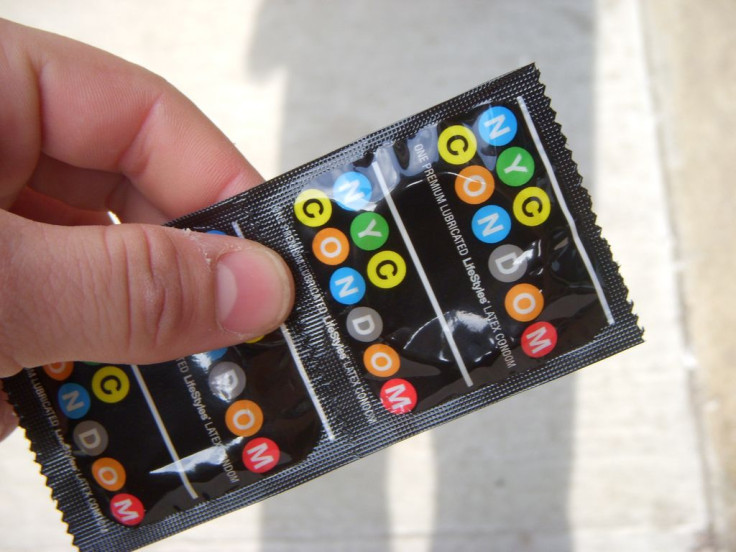Teen Girls Who Use Contraception Their First Time Having Sex Are Less Likely To Accidentally Become Pregnant: CDC

The nationwide effort to better educate and protect sexually active teens from unintended pregnancy and sexually transmitted diseases (STDs) may finally be paying off, according to a recent report from the Centers for Disease Control and Prevention (CDC).
The CDC analyzed data collected from 1,037 teen girls and 1,088 teen boys aged 15 to 19, plus an additional sample of 960 women and 810 men in their 20s. The purpose of the second sample was to include the teens who would engage in sexual activity before they turned 20, as well as the reflections of those who could no longer be considered a teen. Between both samples, the CDC learned teens today are having sex at a lesser rate than they were in 1988.
Twenty-five years ago, 14 percent of teen girls and 22 percent of teen boys were having more sex than they report to be having now. What’s more is teens are now waiting longer to have sex for the first time — and when they do have sex for the first time, they’re using contraceptives, such as condoms. Similarly, 22 percent of teen girls have used emergency contraception, otherwise known as the morning-after pill, compared to eight percent of girls in the late 80s.
When you think of how much easier it's become to access birth control, it’s not exactly shocking to see teen girls are taking it more. However, what was particularly interesting about teen girls’ contraceptive use was how it seemed to indicate their sex lives into adulthood.
The CDC found young women who failed to use a form of birth control during their first time having sex were more than five times as likely (11 percent) to have a teen birth by age 17 in comparison to young women who did (two percent). First-time contraceptive use sets girls “on a trajectory of being a contraception users,” Gladys Martinez, the report’s lead author and statistician with the National Center for Health Statistics, told The Daily Beast.
Practicing safe sex early-on yields otherwise health benefits. As Martinez and her co-author Dr. Joyce C. Abma noted in the report’s summary, “teen childbearing has negative consequences for the physical, psychological, and economic well-being of the young mothers and their children.” So learning to avoid this empowers both women’s (and men’s) sex lives.
The thing is, this data was self-reported, which means teen girls and boys filled out their survey on their computer. And it also means this data may not provide the most accurate look into teens’ sexual activity.
Even so, “teens are doing a whole hell of a lot right,” Bill Albert, Chief Program Officer for The National Campaign to Prevent Teen and Unplanned Pregnancy, told The Daily Beast. “There has been progress in all 50 states, and across all racial and ethnic groups. That progress has been very wide and deep.”
Source: Martinez GM and Abma JC. Sexual Activity, Contraceptive Use, and Childbearing of Teenagers Aged 15–19 in the United States. Centers for Disease Control and Prevention. 2015.



























